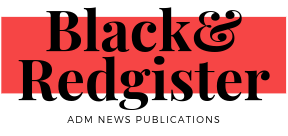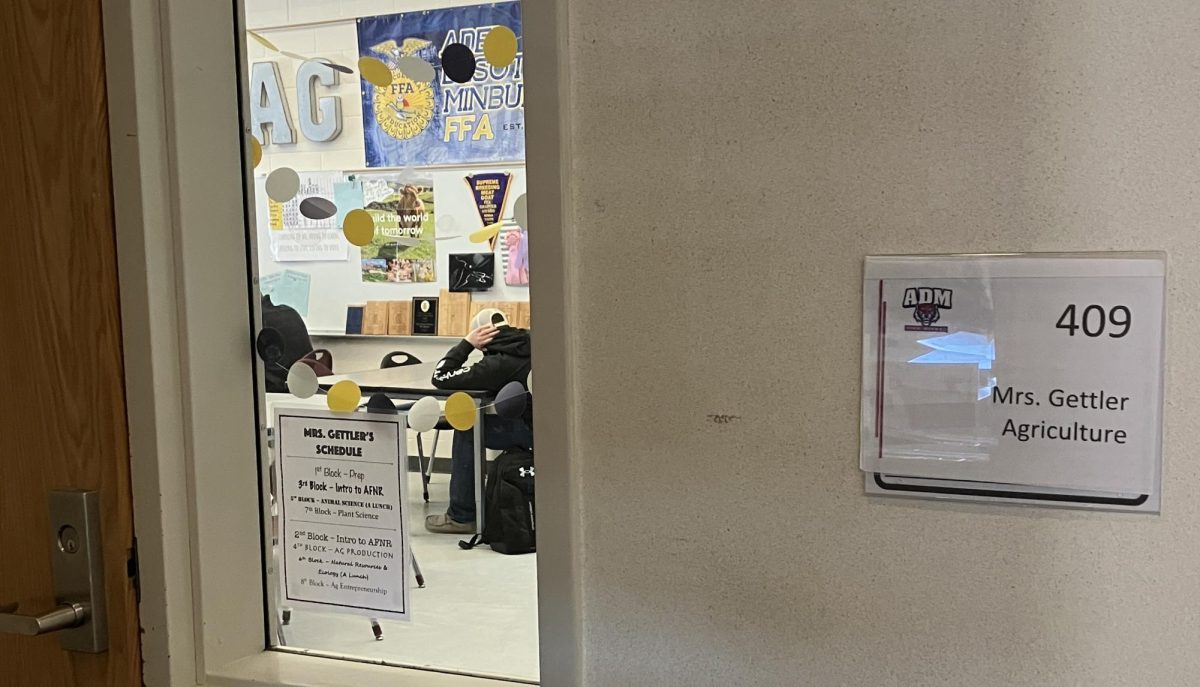On April 4th of 2023, a bill passed through the Iowa House of Representatives that proposed changing the way Iowa students receive their education. The bill was titled Iowa Senate File 496. As of early May of 2023, the file’s fate remained uncertain while it waited for the final stamp of approval by the governor. On May 26th, the wait was over when Iowa’s governor, Kim Reynolds, signed the bill and officially declared it law.
The law addresses parental concerns about education in the state of Iowa. The heftiest parts of the bill discuss education materials and the use of pronouns and nicknames in school. According to the new law, any book that is deemed sexually explicit or non-age-appropriate must be removed from school libraries. The district library programs are deemed responsible for upholding this law and can be investigated by the Department of Education if it is believed they are not doing so. Iowa teachers must also have parental permission to refer to students by different names or pronouns than those assigned to them. Senate File 496 came into effect on July 1st for schools across Iowa.
School libraries are feeling the most change after the introduction of Senate File 496. Jacque Seidl works as the school librarian for the 7-12th graders and explained how the law has changed the way she does her job this year.
“I would say the first few weeks were very stressful because usually, they are all about the books I want kids to be reading. While I still spent a lot of time trying to do that, I was also worrying about what books were still on the shelves and how I could remove them before they ended up in a kid’s hands.”
Seidl thinks that this law has remained slightly unexplored by members of the community.
“Honestly, I’m not sure how much community members realize this impacts schools. There are books that I would consider classics or books that teachers have taught before that now we’ve had to remove, not only from their classrooms, but from the library. [We have had books] that had four words that made it so we couldn’t have them on our shelves anymore. When I have talked to people about it, I don’t know if they understand that it’s a frustrating process to have to figure out what books cannot be in here.”
Teachers in Iowa also feel the changes in multiple ways. Emma Bedard is an English teacher at ADM High School and explains how the new law has impacted her curriculum.
“We’ve had to select new materials for English 3 and English 4, particularly books we read in units because we can’t have those books in the curriculum. It’s been kind of a process examining those books and identifying if they violate the law. If so, then our next step is selecting new texts and getting those. ”
Bedard has also noticed differences in her classroom, not just regarding books, but also involving the new rules about pronouns and nicknames. She enjoys creating a community in her classroom, which has been slightly altered based on how she can communicate with her students.
“I think that recognizing and accepting differences and recognizing a whole person for all their parts is something that I gravitate towards when it comes to getting to know my students and building a welcoming environment. I think it’s been hard because I don’t know how to do that in some instances where I am not able to know a student’s name or a preferred name. Even with this chaos, the same thing brings us teachers back every time; our students and their education. If I can’t be there for my students in certain aspects, I will find different ways.”
While the changes from Iowa Senate File 496 are not minuscule, both Seidl and Bedard agree that the law does its intended job of giving power to parents over their children’s education. With so many different crowds being represented in the school district, both teachers hope that these new changes will find a happy medium for the needs of our district.








